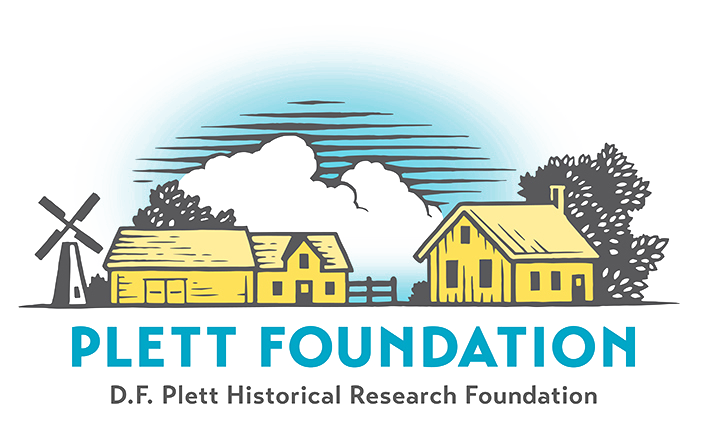Notes from the Editor
Aileen Friesen
In the publication history of Preservings certain themes regularly appear. For instance, at least five issues have focused on the topic of Mennonite migration, and our next three issues will add to that number. Yet the theme of alcohol within Mennonite communities has not been addressed in detail. Perhaps this is not surprising. Alcohol has often been viewed through the lens of morality, as a barometer of spiritual commitment, worldliness, or conservatism. It is also often hidden in the historical record, making the role of alcohol within the Mennonite community difficult to assess. Yet, from Mennonite-owned distilleries and taverns in Danzig and Russia to liquor licenses and hotels in Manitoba, the production, sale, and consumption of alcohol has been a defining feature of Mennonite life. And by the nineteenth century, organized opposition to alcohol found voice among Mennonites through abstinence and temperance movements, assigning a new significance to alcohol use as shorthand for the state of one’s salvation.
The spiritual dimension of this discussion cannot be overemphasized. Much of our information about the role of alcohol in community life can be found in the diaries of ministers who worried about the spiritual health of their flocks, carefully documenting their sins. As Benjamin Wiebe demonstrates in his article “Alcohol and Abstinence: Mennonites in South Russia,” ministers were disturbed by what they perceived as growing alcohol consumption within Mennonite villages. While this perceived growth in licentiousness still needs to be quantitatively confirmed, we can document Mennonite entanglements with the outside world through events like the Crimean War and through the expansion of agricultural markets. This exposure to temptation coincided with the circulation of itinerant German pietists, proclaiming a relatively simple solution to Mennonite anxiety about the changes surrounding them: to abstain from alcohol.
This solution, however, failed to consider not only the frailty of humanity, but also the economic significance of alcohol. As Glenn H. Penner shows in his article, alcohol sales were big business for Mennonite administrators in the Russian empire. Penner’s assertion that “alcohol sales generated at least half of the income of the [Chortitza] colony administration” is staggering. Without alcohol, many of the early initiatives of the colony’s administrators would have been more difficult; funds from alcohol helped build early colony life.
It was not only administrators who benefited from alcohol sales; the establishment of distilleries and breweries could also profit individual families. As John D. Thiesen demonstrates in “Mennonite Nectar,” families made fortunes through the liquor trade, especially in the Vistula Delta. These families built distilling empires that lasted generations and immortalized Mennonites in surprising ways within German culture. While Mennonite brewers and distillers in Russia would not gain the same status, similar types of family fortunes grew in the colonies.
Not all Mennonite communities, however, saw benefit in allowing alcohol sales. Albert Siemens and Hans Werner explore the case of Winkler, Manitoba, which debated the sale of alcohol in the community for over a century. Winkler’s journey from dry to moist to wet illustrates that Mennonites viewed access to alcohol as having community implications. As Werner demonstrates, within this debate about community, we can see competing ideas about the meaning of progress. As public social spaces, hotel bars took on symbolic significance.
Finding evidence of public consumption of alcohol is easier than documenting its domestic use, but Roland Sawatzky offers an approach to uncovering the role of alcohol within Mennonite homes in Manitoba’s East Reserve: the material culture of glass and ceramic bottles. He shows that alcohol entered Mennonite homes in bottles of medicine and vanilla extract, in addition to the more typical form of gin and beer bottles. Exploring the home as a site of consumption and pharmacies and groceries stores as access points for alcohol opens new avenues of research.
The impact of alcohol addiction on the individual and the family is the final topic explored in the theme articles in this issue. Kennert Giesbrecht provides insight into how Mennonite colonies in Latin America have addressed addiction in their communities through the treatment centres Luz en mi Camino (Light on my Path) in Cuauhtémoc, Mexico, and Guía de Paz (Guide of Peace) in Pailón, Bolivia. These facilities demonstrate a recognition of the complexity of addiction and the important role of families and communities in supporting individuals in their recovery.
The economic, social, and religious approaches to alcohol production, sales, and consumption taken in this issue offer new perspectives on Mennonite ideas about identity, community, and religiosity. Hopefully this is only the beginning of the conversation, as many topics related to this theme are waiting to be researched.
